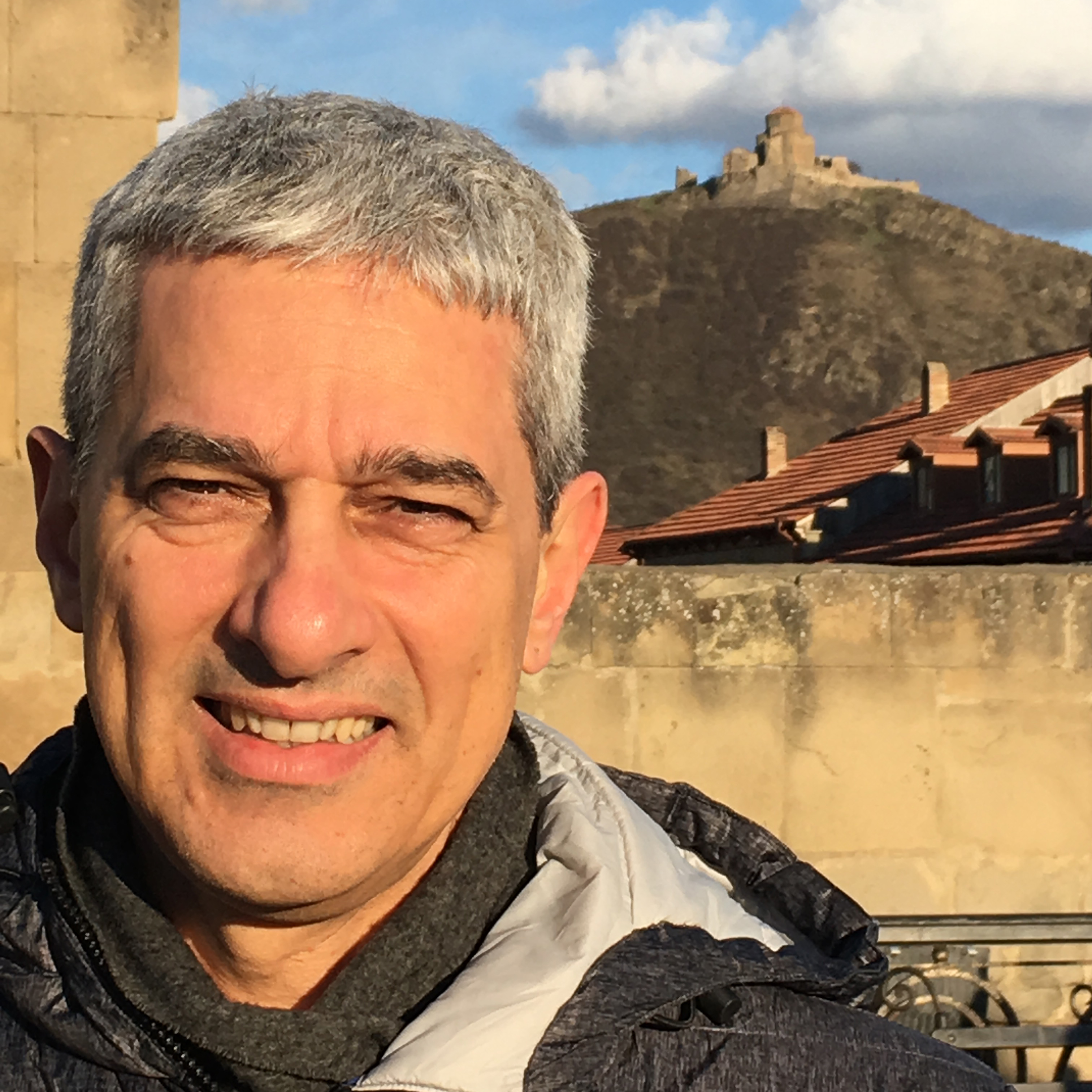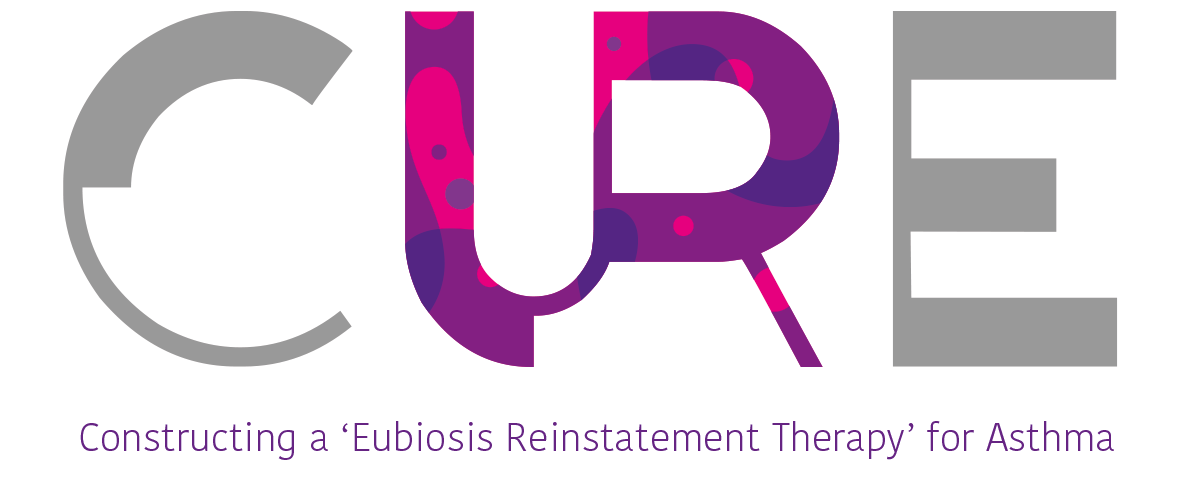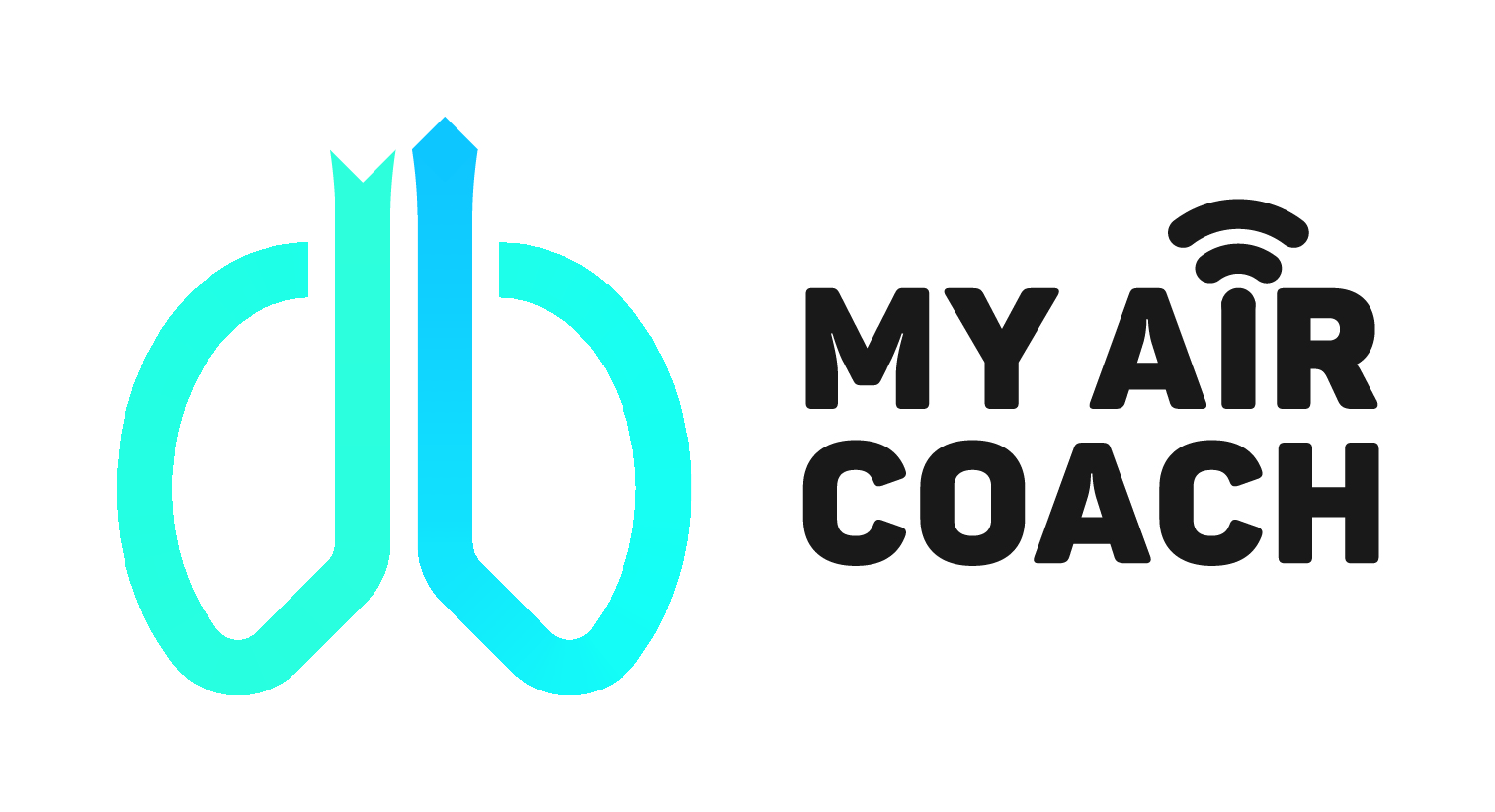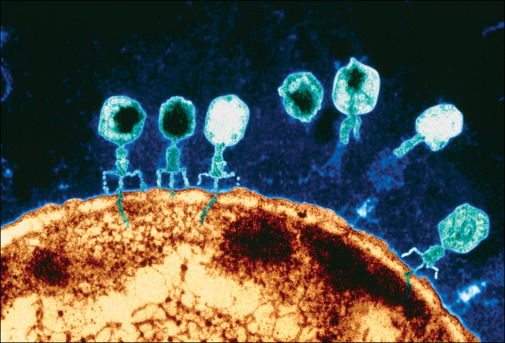For the majority of asthma patients in Europe it is possible to achieve better life through existing treatments (if accessible), but their dream to get rid of asthma is not yet there. The partners of the EU-funded research project CURE including EFA are studying a hypothetical solution to prevent asthma.
Launched in 2017, the project is analysing the possibility of a virus-based therapy (bacteriophages) to reduce the chronic inflammation of the airways. In 2018, EFA contributed to the project with internal and external communication materials, publishing through social networks and increasing visibility of the consortium work.
Sensors and trackers represent the core of latest innovations to hit consumer health, but it is not just about counting steps and heart rate. MyAirCoach is a project funded by the EU Programme Horizon 2020 that has develop a system for the self-management of asthma, made of smart sensor-based devices and online platforms and mobile app. It monitors the inhalation technique, as well as several environmental factors at the patients’ home, such as No2, SO2, PM levels, temperature, humidity and pressure. The data is then accessible to patients and their healthcare professionals through a mobile app, which include other tools and information that empower the patients to self-manage their disease.
In 2018, myAirCoach was evaluated by asthma patients from the UK and the Netherlands. Last improvements were made possible thanks to the contribution of 22 members of the Advisory Patient Forum (coordinated by EFA) who tested the myaircoach components before these were made available to a wider patient audience.
Although the analysis of the evaluation study of myaircoach is not finalised yet, the preliminary results show that the system leads to an improvement of asthma control, and a reduction in severe asthma exacerbations. It also shows improvements in quality of life with. The technology was well accepted by patients, it only takes a one hour training sessions and about half an hour telephone support per patient, and it seems to be cost-effective.



